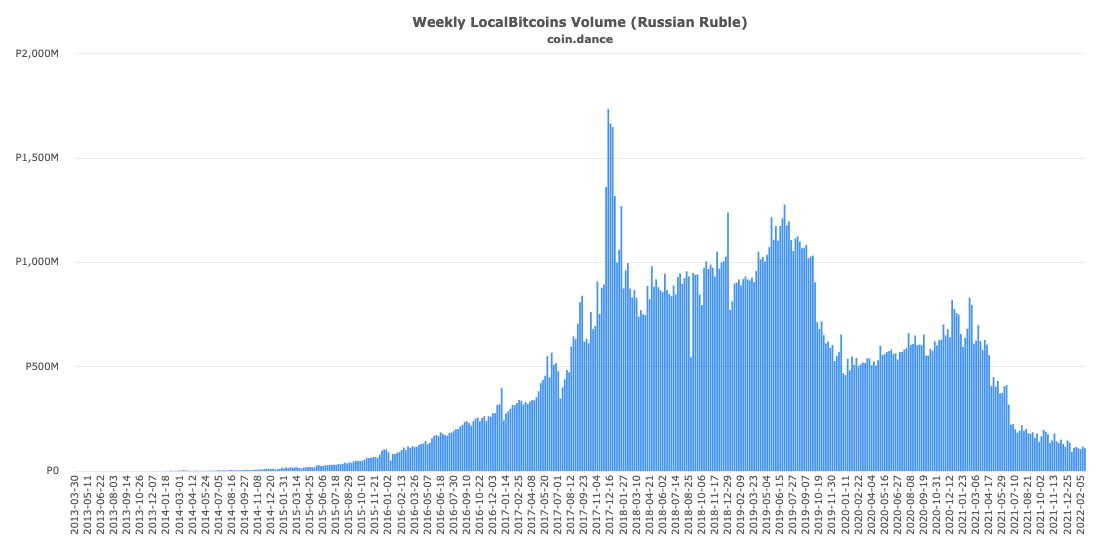Several Russian banks that were sanctioned over Russia’s “special military operation” in Ukraine will no longer support major payment services like Apple Pay and Google Pay.
Russia’s second-largest bank, VTB, as well as other banks like Sovcombank, Otkritie, Novikombank and Promsvyazbank, are on the list of companies sanctioned by the United States, the Bank of Russia confirmed on Friday.
Users of debit and credit cards issued by these banks will no longer be able to use Apple Pay and Google Pay, the central bank said in the announcement, adding that contact or contactless payment will still be available in full across Russia.
Customers will also no longer be able to pay with these cards for products and services sold online from countries supporting the sanctions, the statement notes.
Russia’s largest bank, Sberbank, is also among the sanctioned banks, the Bank of Russia said in a separate announcement on Friday. The sanctions specifically target Sberbank’s correspondent accounts.
Apart from some Russian cards being blocked from Apple Pay and Google Pay, some sanctioned Russian banks are also facing issues with Apple Store and Google Store due to their involvement with decisions over Ukraine’s Donetsk People’s Republic and Luhansk People’s Republic.
Apple reportedly removed mobile applications by the sanctioned Promsvyazbank on Wednesday, with at least three apps getting removed from the App Store. Google reportedly removed the bank’s main application from its store as well.
Russians have been increasingly withdrawing money from their bank accounts as some officials have warned about banks potentially seizing retail deposits in case sanctions go too far. Users reportedly withdrew $1.3 billion (111.3 billion rubles) from Russian banks on the first day of Russia’s invasion of Ukraine, the biggest outflow since the start of the COVID-19 pandemic two years ago.
The significant bank outflows have apparently continued as many customers online continued reporting on ATMs running dry and large queues to cash out on Friday.
People standing in queue outside of Sberbank to withdraw the money from their accounts. #Czechia #russia #Ukraine #UkraineRussia pic.twitter.com/WOnTbPsFad
– alexandra (@alxsndrew) February 25, 2022
While some onchain data suggests that Ukrainians have been increasingly moving into crypto in the aftermath of Russia’s invasion, one might find it difficult to get recent data on Russians’ crypto exposure dynamics as the country has no legal exchanges that track trading volumes. Major locally operating exchanges like Binance declined to comment on the matter to Cointelegraph.
Related: Crypto could bypass President Biden’s ‘devastating’ sanctions on Russian banks and elites: Report
According to data from crypto data provider Coin Dance, Russia’s crypto trading volumes on major peer-to-peer exchange LocalBitcoins have been falling over the past several months, dropping nearly 100% between November and early February.
 Weekly LocalBitcoins volume. Source: Coin Dance
Weekly LocalBitcoins volume. Source: Coin Dance


